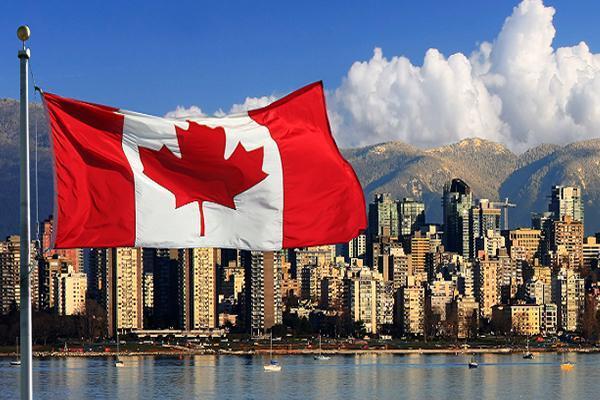The Canadian government have revealed its plans to embrace the 'innovation agenda' which it has touted for the last number of years, by inviting cities from all over Canada to come together in order to develop a 'Smart Cities Plan' together.
Bill Morneau, Canada's Finance Minster unveiled the government's plan in a fiscal update, in his statement he said: "Cities across Canada will be invited to develop 'Smart Cities Plans' together with local government, citizens, businesses and civil society for the "implementation of clean, digitally connected technology including greener buildings, smart roads and advanced energy systems, and advanced digital connectivity for homes and businesses."
It is not yet known what exactly the role the IT sector will play, but the announcement of a 'Smart City Challenge' this year, with strong support from the Canadian Council on Public-Private Partnerships is seen as a critical way to advance Ottawa's promised innovation agenda.
IT companies will be provided with the opportunity to collaborate with cities and infrastructure companies in order to help them advance smart city/smart infrastructure technologies and systems in Canada. According to government sources, this will give companies the chance to demonstrate and scale up Canadian IT innovations and to show how IT can be linked with physical infrastructure to deliver business and public benefits.
Following years of underinvestment in Canada, Trudeau's government faces a challenge that is coupled by the fact that poor innovation performance in the business sector over many years inevitably led to an innovation gap.
The Canadian plan is shaped on their American counterparts competition entitled 'The U.S. Smart Cities Challenge' which was launched in December, 2015. A prize of $40 million USD was awarded to the winning city. The $40 million prize would go to a mid-sized city and city-region that could "demonstrate how advanced data and intelligent transportation systems technologies and applications can be used to reduce congestion, keep travelers safe, protect the environment, respond to climate change, connect underserved communities, and support economic vitality."
Much of the focus was on integrating advanced technologies, including connected and automated vehicle technologies, to the management and operations of the city.
In the Canadian competition, the Trudeau government wants to ensure that the prize is significant to attract serious proposals - whilst at the same time managing to incorporate smaller Canadian companies as part of city proposals so they're provided with the opportunity to scale up their capabilities.
Britain has been pursuing a Smart Cities strategy since 2012, starting with its Future Cities Demonstrators project, a nationwide competition that challenged cities to propose large-scale smart solutions to urban problems. Glasgow won, and in 2012 was awarded UKP24 million to help implement its proposal.
Ottawa's commitment to a Smart Cities Challenge is a promising first step in linking infrastructure and innovation.
Infrastructure and innovation have to become a much higher priority at all three levels of government. Another early step, as the International Monetary Fund has urged for Canada, would be a national summit of all three levels of government to make Smart Cities and Smart Infrastructure a major national project for Canada's future.

